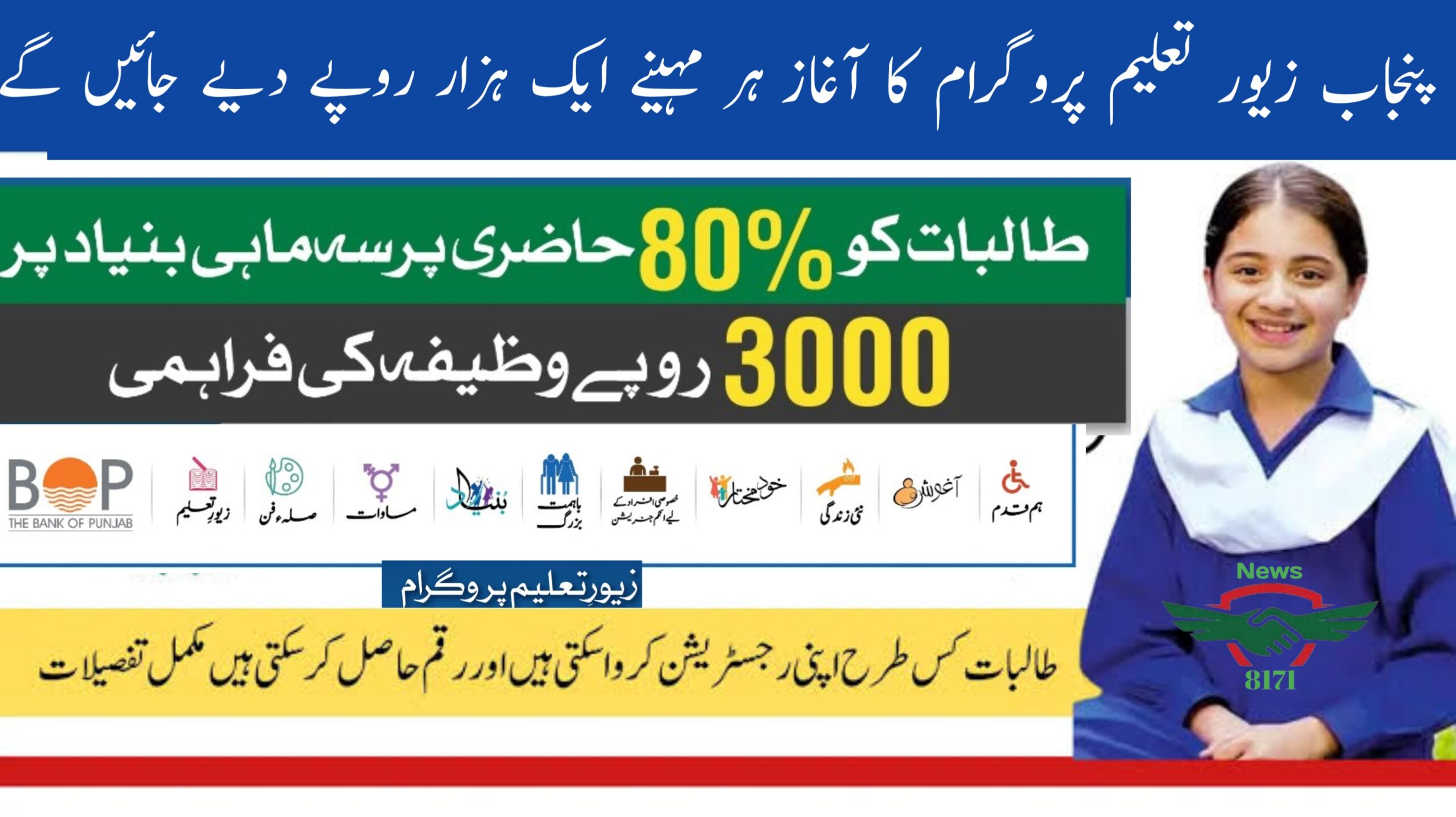Learn about how CM has expanded Punjab’s Kisan Card applications from 5 to 7.5 lakh in 2024. Know about benefits, how it is applied, and what impact it has on farmers’ financial inclusion.
Punjab’s agricultural sector has got a big landmark in the form of a 50 percent spike in Kisan Card applications in 2024, recording 7.5 lakh from 5 lakh applications, announced the Chief Minister’s office. This major milestone in the state’s mission to empower farmers through digital financial inclusion is this remarkable increase in the number of farmers supplying grain. This has already helped over 2.5 lakh farmers obtain access to institutional credit and modern banking services, according to recent agricultural department statistics.
Cosens expanded access to Punjab’s Kisan Card Program
The Punjab government, headed by Chief Minister Maryam Nawaz Sharif, has responded to a spurt in farmer demand with an increase in the number of Kisan Cards registered. The program was created to serve 5 lakh farmers, but being a success, the capacity has been heightened to 7.5 lakh so that the most number of farmers are able to access vital resources for agricultural development. But CM Maryam Nawaz made this announcement during a press conference wherein she pointed out the role of Kisan Card in supporting farmers across the province.
Revolution Organics provides financial support for farmers’ essential needs.
Under the Kisan Card, the Rs 1.5 lakh loan given to a registered farmer is totally interest-free and is a great way for a farmer on a shoe string budget to raise funds. The purpose of these funds is to buy specific agricultural essentials, including seeds, fertilizers and pesticides, through registered dealers. One significant advantage, however, is that the ‘interest-free’ aspect means that farmers can invest in quality inputs without carrying that debt interest burden.
Contribution of Punjab’s Kisan Card Program
Changes in the Kisan Card Scheme and Its Impact on Punjab
The formulation and implementation of the Kisan Card scheme in Punjab have undergone many changes ever since its introduction in the late period of the 1990s. Initially designed to advance credit to farmers to enable them to purchase agricultural inputs, the program has since diversified its functions.

The vision has been to slim down the financial support and make the possibility of funding available to farmers on time and free of unnecessary procedures. The highlighted evolution is real growth in agriculture in Punjab, where increasing costs and higher farm technologies demand improved financial infrastructure for supporting productivity.
- Facilitated Trading: Emerging Markets, New Producer SECs, Certified Producer Programs and Co-operatives
The Kisan Card program offers several key features that greatly benefit farmers: - Access to Credit: lending is done at lower interest charges. By exercising this process, farmers can easily secure debts to purchase seeds, fertilizers, as well as other equipment.
- Simplified Application Process: People claim that”this is a far simpler process, not as encumbered by papers or by requiring approvals.
- Insurance and Safety Nets: It tends to incorporate insurance of crops meant to protect the farmer against such risks as climatic shocks.
- Subsidies and Incentives: The cardholders can avail different government subsidies and incentives to raise the agricultural production.
- Flexibility: This includes short-term and long-term usage whereby farmers can comfortably finance their various agricultural needs and investments.
A comparison with previous agricultural credit systems
Earlier, the farmers of Punjab used to go for informal sources of borrowing, which are in fact very costly and full of exploitation right from the beginning. The Kisan Card initiative can be seen as a huge leap towards the ability-based official credit delivery system. In contrast to the earlier existing systems, which made credit delivery so formal and sometimes even out of reach for farmers, the Kisan Card is going to make credit delivery to the farmer class very simple and less bureaucratic. This transition has assisted in decreasing reliance on the informal money lenders, hence putting in better control of the fate of farmers financially.
Working with Digital Banking Projects
The Kisan Card programme has been expanded even further this financial year through integration with elements of digital banking. This means that the new technologies, such as mobile banking and online financial services, have enabled farmers to transact easily. Mobile applications provide instant access to funds, speedy loan disbursements, as well as fast means of making payments for the inputs required in the agricultural value chain.
| Punjab kisan card scheme 2024 | Farm loan digitalization | 1 |
| Kisan credit card benefits Punjab | Punjab farmer welfare programs | 2 |
| Agricultural credit Punjab | CM Punjab agricultural initiatives | 3 |
This integration not only enhances the measure of convenience but also brings the financial literacy level of farmers: they would get more and more used to banking transactions with the help of digital applications.
Part played regarding the advancement of financial sector…
In fact, the Kisan Card program serves as an important strategy for achieving the goal of extending access to credit in Punjab province for farmers. According to the program, the rural farmers are sourced with easier credit and financial services, hence improving their interface with the formal credit sector. It supports farmer’s independence to achieve better standards, most vital for the small-scale farmers in the agriculture value chain. It is evident that more people have access to better financial services, increased income, efficient investment in farming, and measures of coping with future unfavorable economic events.
Conclusion
The mentioned phenomenon of using the Kisan Card scale in Punjab is an indication of a qualitative change in the mechanisms of financing agriculture. Processed 7.5 lakh applications, the program is an example of good policies’ enforcement and farmers’ support. In the future, 2024, this process will further advance the agricultural economy of Punjab and offer key financial resources to farmers for their extension.


